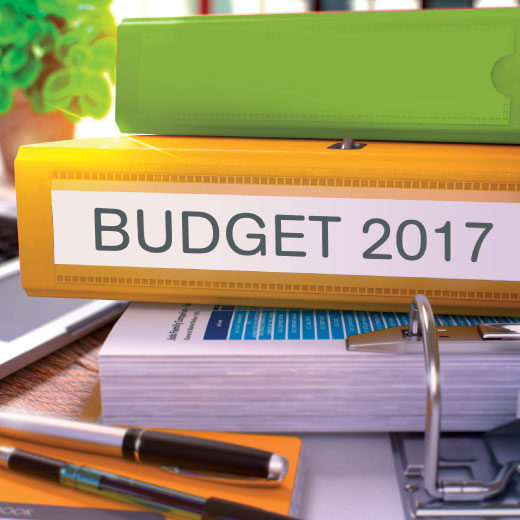After weeks of predictions and rumours over the contents of the infamous red Budget Box, Philip Hammond has officially published the first Autumn Budget – crucially, the penultimate one before Brexit. Here’s everything you need to know.
As part of his ‘make-or-break’ budget, the key takeaways from Hammond’s Autumn Budget are a focus on appealing to younger voters and sizeable investments in business and technology as part of a mission to raise productivity. The Budget covered: the economy and public finances, policy decisions, tax, productivity, housing and public services.
Unsurprisingly, Brexit was the first topic on the agenda, with Hammond acknowledging that the negotiations are in the ‘critical’ phase. As a result, there will be an extra £3bn to fund Brexit preparation over the next two years.
This was followed by a forecast on the British economy in future years, as the Office for Budget Responsibility predicted that the forecast for growth was slowing down to just 1.5% this year – despite Hammond announcing in his first Budget that the OBR estimated growth of 2% this year.
The OBR also reported that borrowing is forecast to be £8.4bn lower than forecast in the Spring Budget, at £49.9bn this year, which means that the Government is on track to meet its fiscal targets.
A focus on business and technology means that the National Productivity Investment Fund has been extended for another year to over £31bn, to help upgrade Britain’s economic infrastructure. A new £1.7bn Transforming Cities Fund was also announced to support the work of the Northern Powerhouse. Income tax is also to be applied to royalties relating to digital retail sales in the UK from April 2019.
The National Minimum Wage, National Living Wage and tax-free personal allowances have also been revised in this Budget. The National Living Wage is up 4.4% from £7.50 an hour to £7.83 an hour, while the personal tax allowance has risen to £11,850. The higher rate threshold has increased to £46,350.
The Chancellor of the Exchequer wants to improve the rate at which new high-tech businesses are founded, from one per hour to one per every half hour. To help accomplish this, there is a £500m investment for 5G mobile networks, fibre broadband and artificial intelligence.
As well as investment in AI, Hammond kept the focus on technology by revealing an investment on electric vehicles, in the form of a new £400m charging infrastructure fund, with an extra £100m Plug-In-Car Grant.
According to Hammond, the NHS also requires future-proofing. As a result, there is to be an immediate cash injection of £350m this year, with an extra £2.8bn going to the NHS over the next year years.
With regards to the apparent key demographic of younger voters, Hammond announced a series of investments. Firstly, the Government is set to invest £406m in maths and technical education, with the added incentive to schools of £600 for every pupil who takes Core Maths, Maths or Further Maths A-Levels.
The widely speculated ‘millennial’ railcard has also been given the go-ahead: the 26-30 National Railcard will be introduced from Spring 2018. This will give an estimated 4.5m more young people a third off rail fares.
In another highly predicted move, stamp duty is to be cut for all first-time buyers on properties under £300,000, and an extra £10bn has been invested in the Help to Buy scheme.
And to celebrate these savings? The Chancellor also announced a change in alcohol duty. The duties on ciders, wines, spirits and beer is to be frozen – although the duty on cheaper cider is to go up.
Autumn Budget 2017 Summary
Overall, while Hammond’s tone was one of hope, as he interspersed his statement with the odd joke, in his aims of creating a ‘Britain fit for the future’, ready for the relative unknown of Brexit. However, as the growth forecasts from the OBR revealed, Britain’s economy is growing at a slower rate than previously predicted. As Hammond stated, ‘In this Budget I have set out a vision for Britain’s future, and our plan for delivering it’. Only time will tell how successful Hammond’s vision is in reality.
View official documents and full Statement
TBL Accountants are your local accountancy firm operating in Southend and across Essex. We specialise in a variety of services as personal, business, and charity accountants. Want to find out more? Get in touch with our team today.
Here for you.
